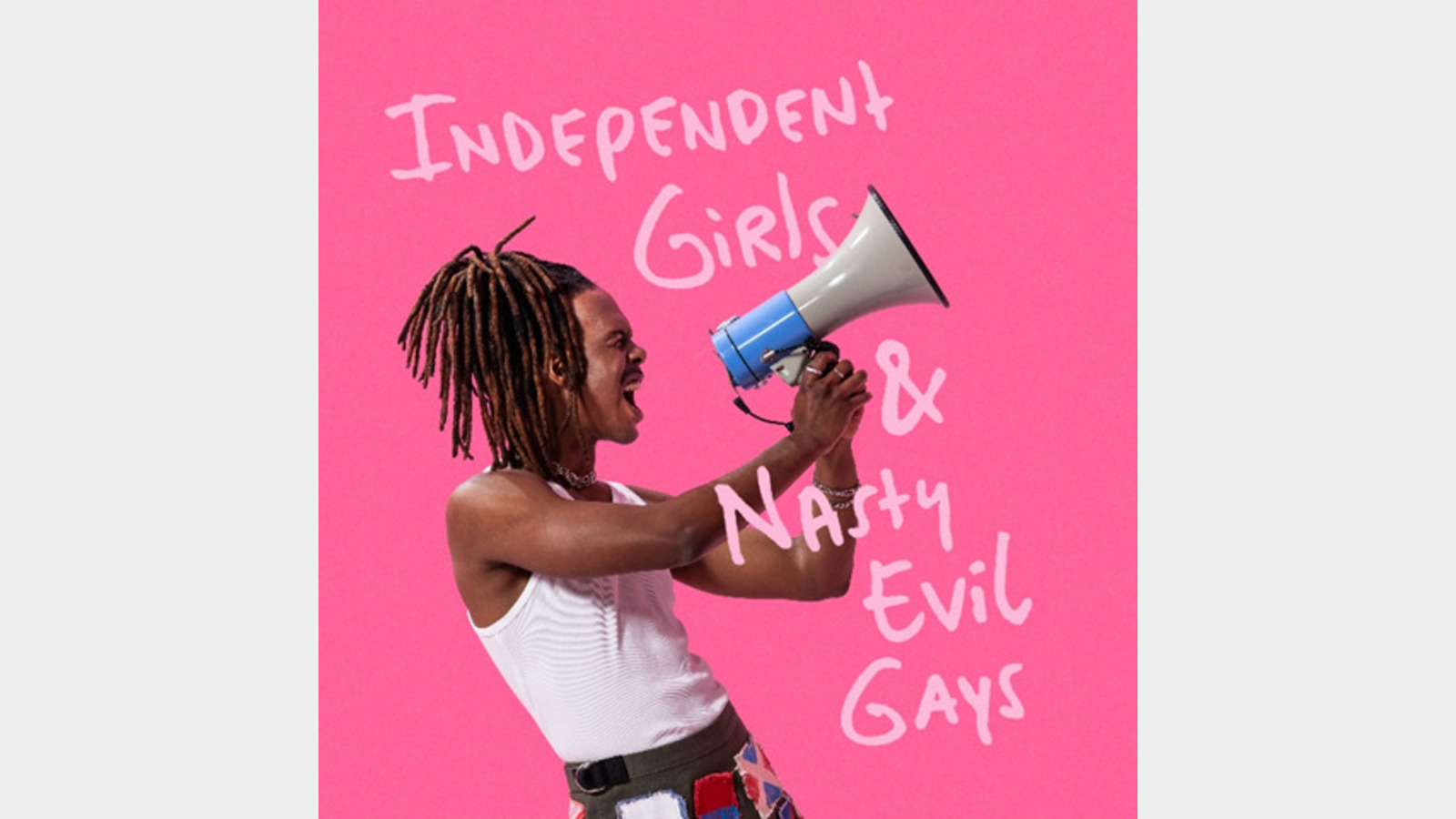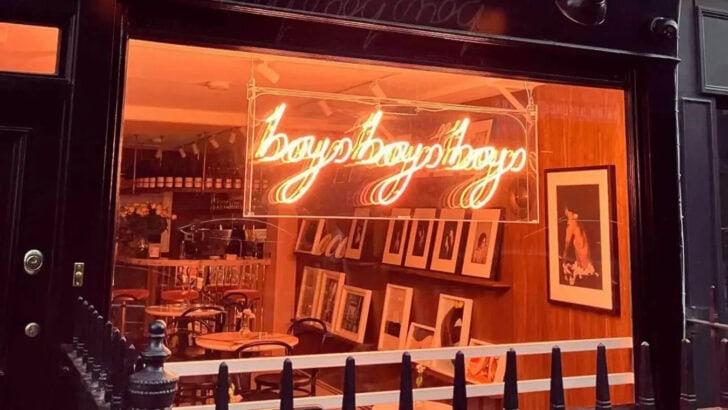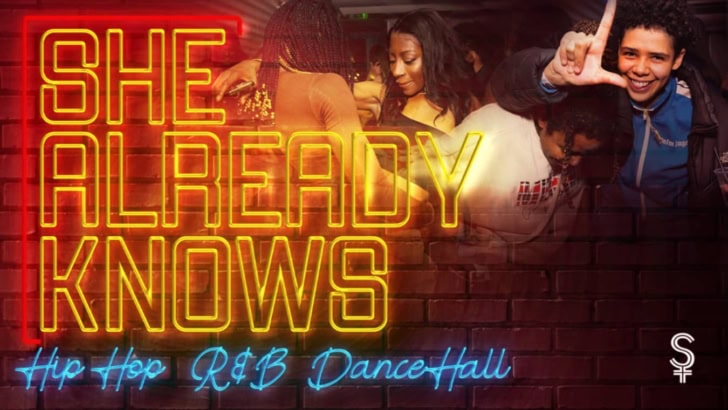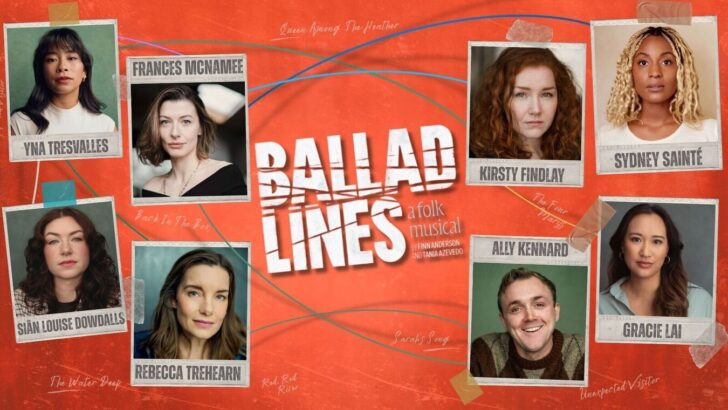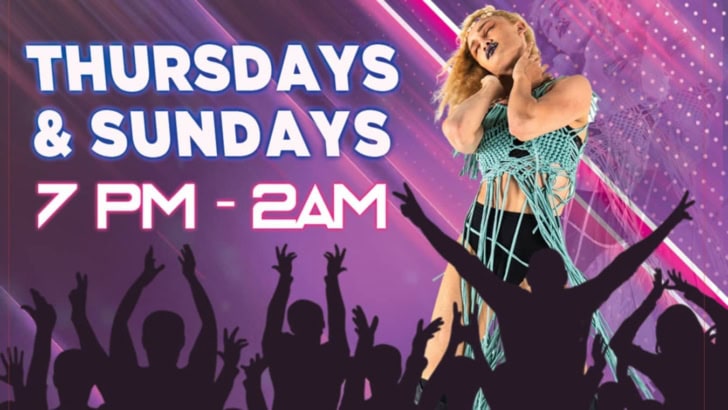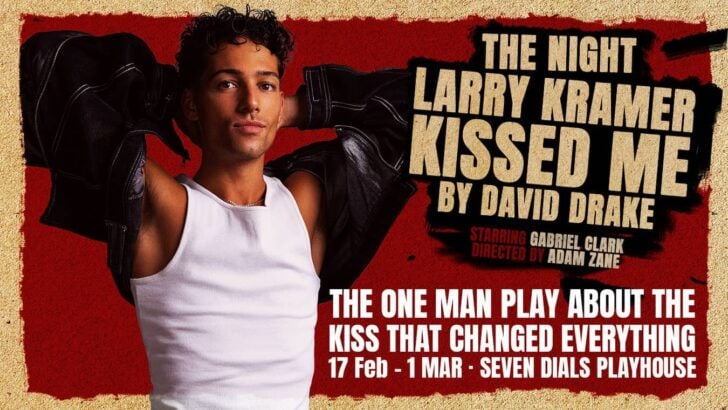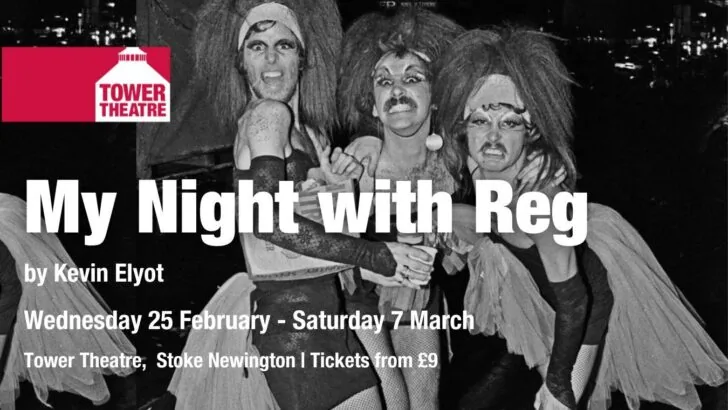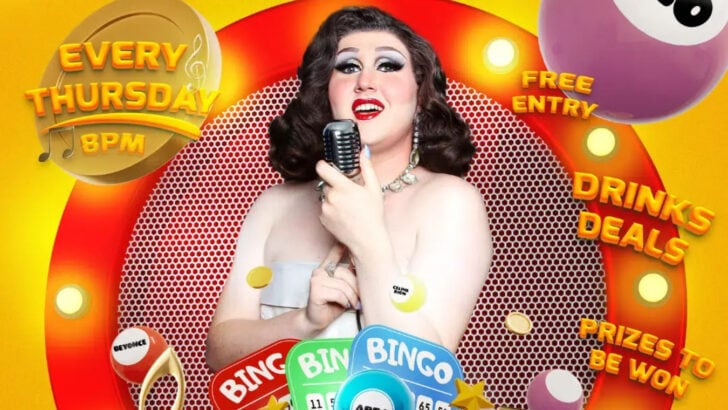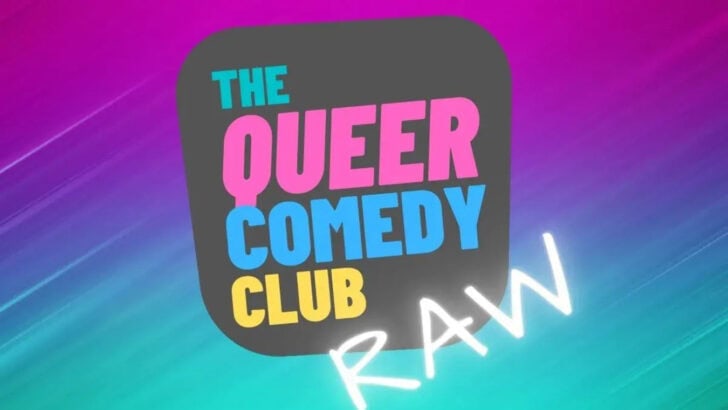Jeangu, who made his UK live debut earlier this year at London’s Hootananny, is back with Independent Girls & Nasty Evil Gays. The song serves as a satirical protest against sexism and queerphobia, effectively utilising humour with anger to critique the patriarchy.
Independent Girls & Nasty Evil Gays is a danceable anthem of resistance against insecure men with fragile egos. The track is not only fun and catchy but also delivers an important message.
“It’s a funny, sarcastic protest anthem for the girls and the gays”, Jeangu told QX. “I wrote it from the perspective of people who blame feminism and queerness for everything that’s ‘wrong’ in the world – just to highlight how ridiculous and outdated that mindset really is.”
While working on his upcoming fourth album, ‘Young, Awkward & Lonely’ (out this Autumn), Jeangu realised that whilst he’s written protest songs in the past, he’d never written one that directly addresses queer rights.
“The time feels right. The world’s grown increasingly hostile towards LGBTQ+ people, and the rights we’ve fought so hard for are being challenged in real and terrifying ways. The song is also feminist because women’s rights are under attack, too. It felt urgent, it felt necessary, and it felt like the right moment to make some noise.
“I want queer people to feel empowered to live even louder. In the face of hate, we shouldn’t shrink ourselves. We deserve nothing less than full freedom to be our authentic selves – without apology, without compromise. I hope this song also inspires allies to speak up, show up, and join the fight for equality. Because silence is not neutral.”
Using humour in his song, Jeangu discovered how powerful comedy can be in making a point, something he was eager to incorporate into the song’s video. He takes on characters that are the complete opposite of his true self, portraying exaggerated caricatures of right-wing figures who blame the LGBTQ+ community for various issues, ranging from the weather to the economy. “It’s a very tongue-in-cheek, over-the-top satire, and we fully embraced that,” Jeangu explains. “It’s campy, chaotic, and it carries a message.”
